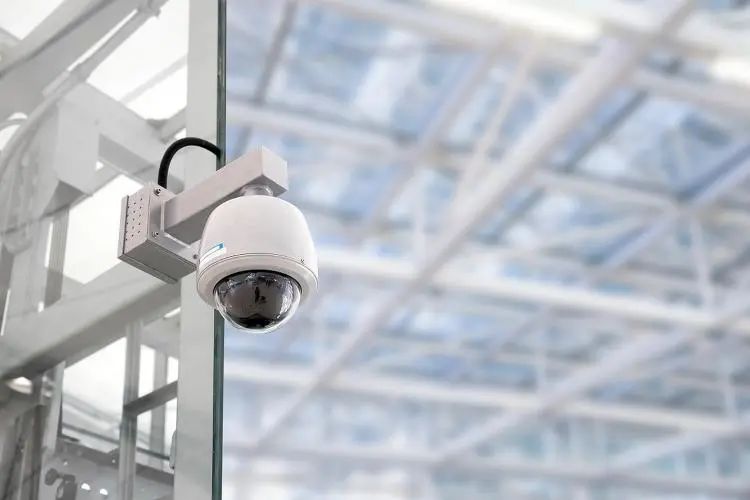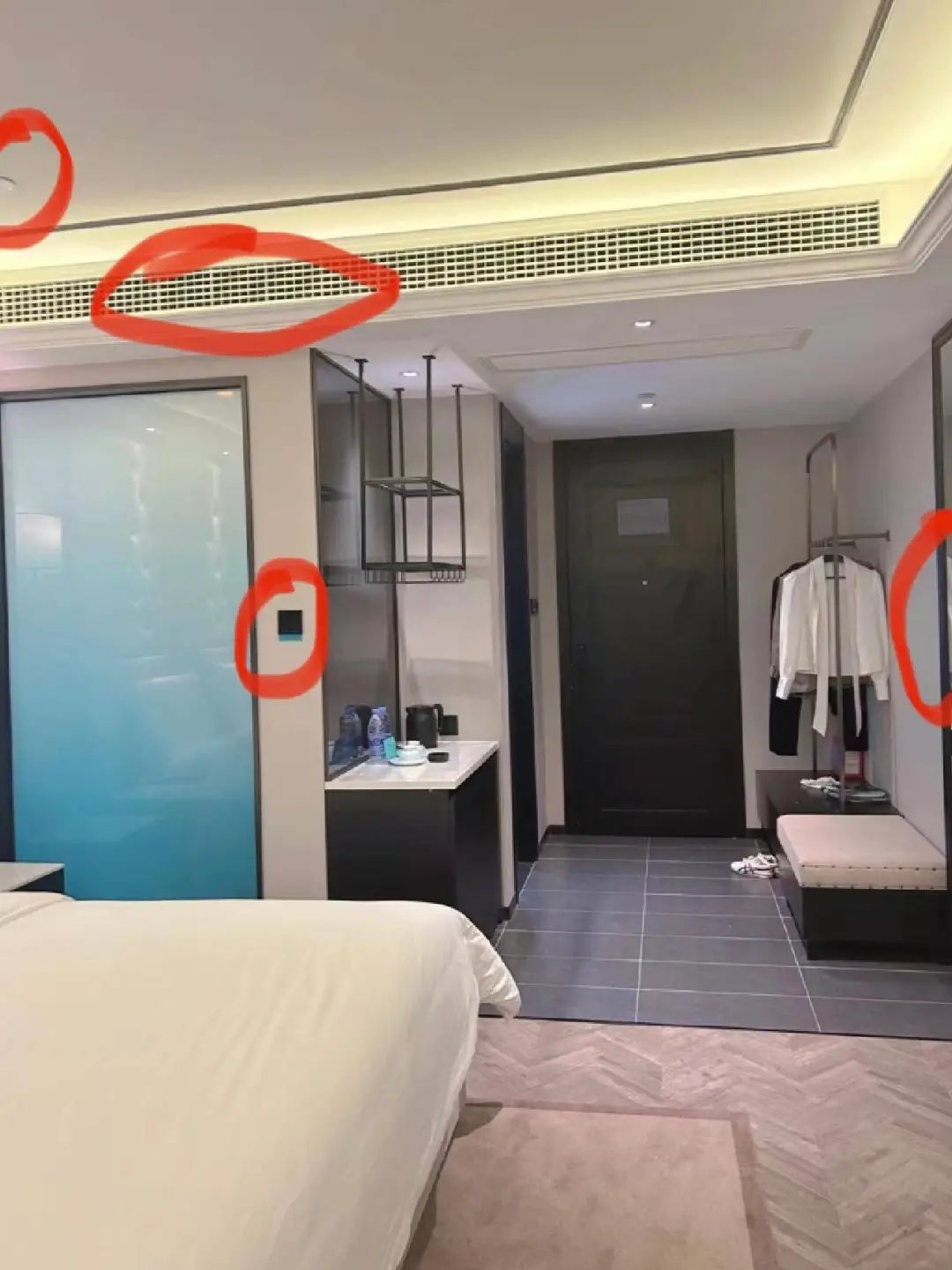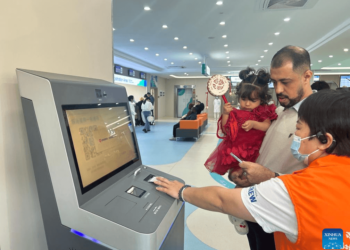As April draws near, a range of new regulations, measures, and alterations are about to be put into practice. These span across various fields including personal privacy, railway travel, outbound tourism, and food safety. How will these changes affect our daily lives? Let’s examine them in detail!

National Regulations
Prohibition on Installing Image – Taking Equipment in Specific Areas
The “Regulations on the Management of Public Security Video and Image Information Systems” will take effect on April 1, 2025.

These regulations are designed to regulate the management of public security video systems, safeguard personal privacy and information rights, and ensure public safety. Specifically, the regulations strictly forbid the installation of cameras in the following locations:
- Guest rooms or private rooms in hotels, motels, and guesthouses.
- Student dormitory rooms and internal rest accommodation provided by work units.
- Public washrooms, toilets, nursing rooms, dressing rooms, and fitting rooms.
- Any other areas where cameras have the potential to capture, spy on, or eavesdrop on personal privacy.
Those who violate these regulations will face administrative sanctions. In cases where the violation amounts to a criminal offense, criminal liability will be investigated.
China and Samoa to Put Visa – Free Agreement into Practice
The “Agreement on Mutual Exemption of Visas” between the Government of the People’s Republic of China and the Government of the Independent State of Samoa will come into force on April 2, 2025. As per this agreement, citizens with valid Chinese diplomatic, official, service, or ordinary passports, as well as those with valid Samoan diplomatic, official, or ordinary passports, will not need visas when entering, exiting, or transiting through the other contracting party’s territory. This agreement permits a single stay of a maximum of 30 days and a cumulative stay of up to 90 days within a 180 – day period.
Measures Specific to Shanghai
Regulations Regarding Tuition Fees for Sino – Foreign Cooperative Education Programs
Starting from April 1, 2025, the Shanghai Municipal Commission of Development and Reform, along with other relevant departments, has released the “Management Measures for Tuition Fees of Sino – Foreign Cooperative Education Programs”. These measures are intended to regulate the tuition fees of Sino – foreign cooperative education programs, ensuring that they do not go beyond three times the tuition fees of comparable public schools in the city.
In general, the tuition fees for Sino – foreign cooperative education programs in public schools should not be more than three times the fees of similar (or closely related) programs in Shanghai’s public schools.
For programs with tuition fees exceeding this three – fold limit, the following criteria must be satisfied:
- The program should meet the economic and social development requirements of Shanghai and provide support for strategic emerging industries.
- The discipline should be part of the “Double First – Class” initiative.
- The foreign collaborating institution must be a world – class university or have world – class disciplines (or programs).


